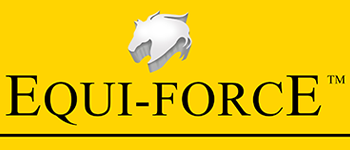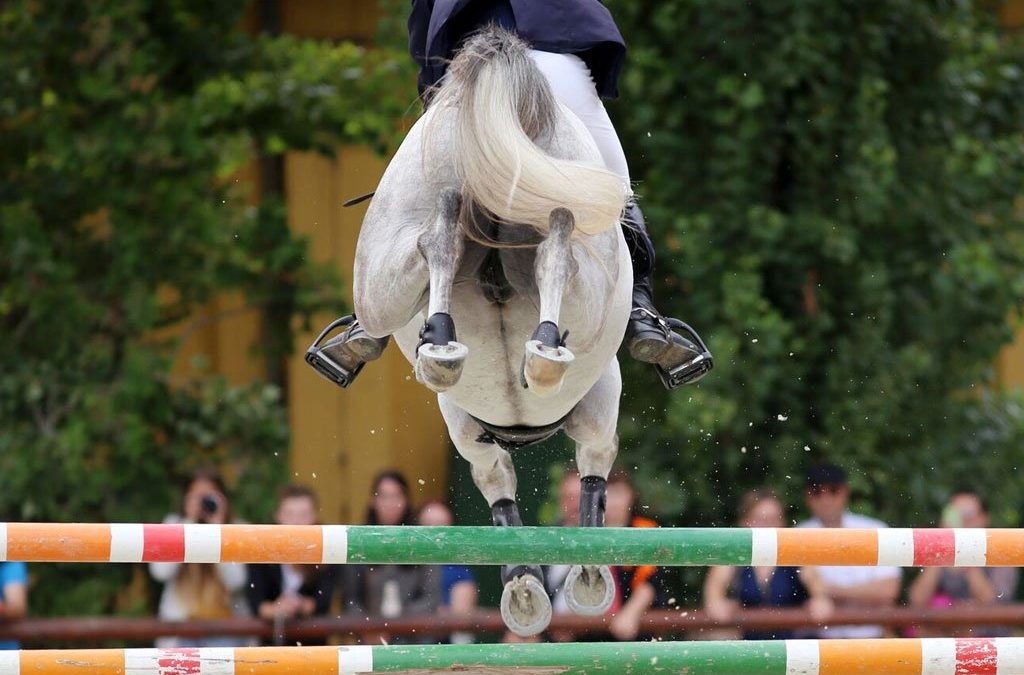
Functions of Calcium in the Horse
Often when we hear the word calcium we think of it as a bone-building nutrient, but calcium also serves many vital functional roles in addition to structural roles. As discussed in our previous blog post, Keeping the Horse Replenished – Equine Electrolytes, calcium is one of the most important electrolytes, which are mineral salts that create an electrical current in the horse.

Functions of Minerals in the Horse
Minerals are inorganic molecules, also called elements, which are derived from the earth. Minerals can be incorporated into living tissue (organic) but eventually return to earth in the inorganic form when excreted by the horse, or as ash once the animal is buried or cremated. Minerals are essential to the physical and mental well-being of horses and are components of all cells, including blood cells, as well as nerve, muscle, bone, teeth, hormones, and soft tissue.
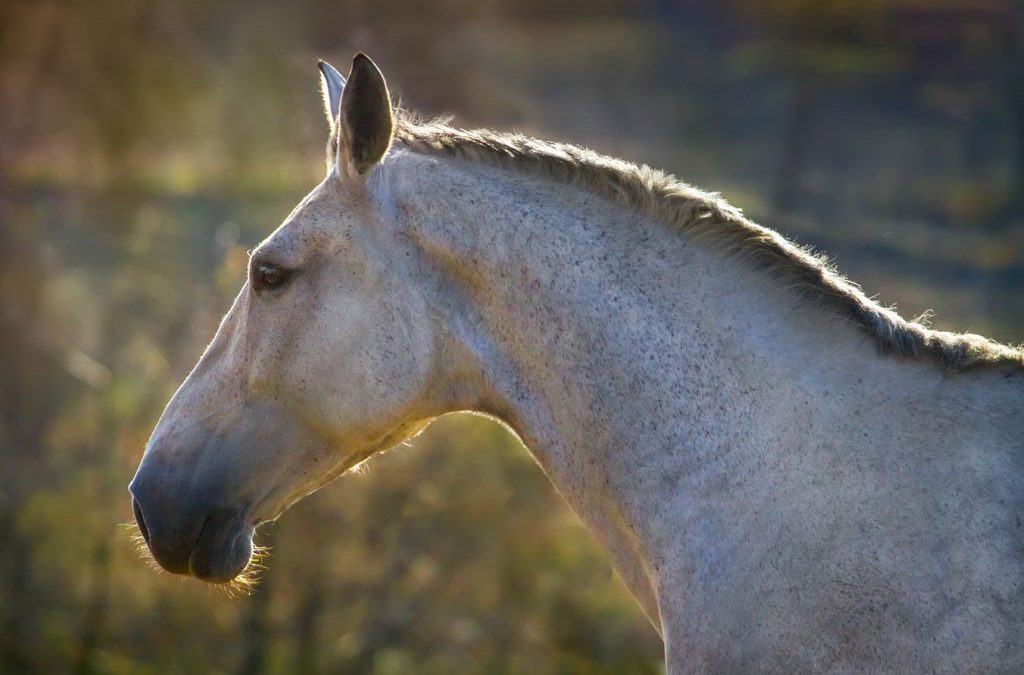
Functions of Vitamins in the Horse
Vitamins in the horse’s body serve as antioxidants and are necessary for several metabolic processes, often acting as catalysts in biochemical reactions. Unlike minerals, which are inorganic, vitamins are organic compounds that can be classified as either water- or fat-soluble, depending on how they are absorbed and stored within the body.
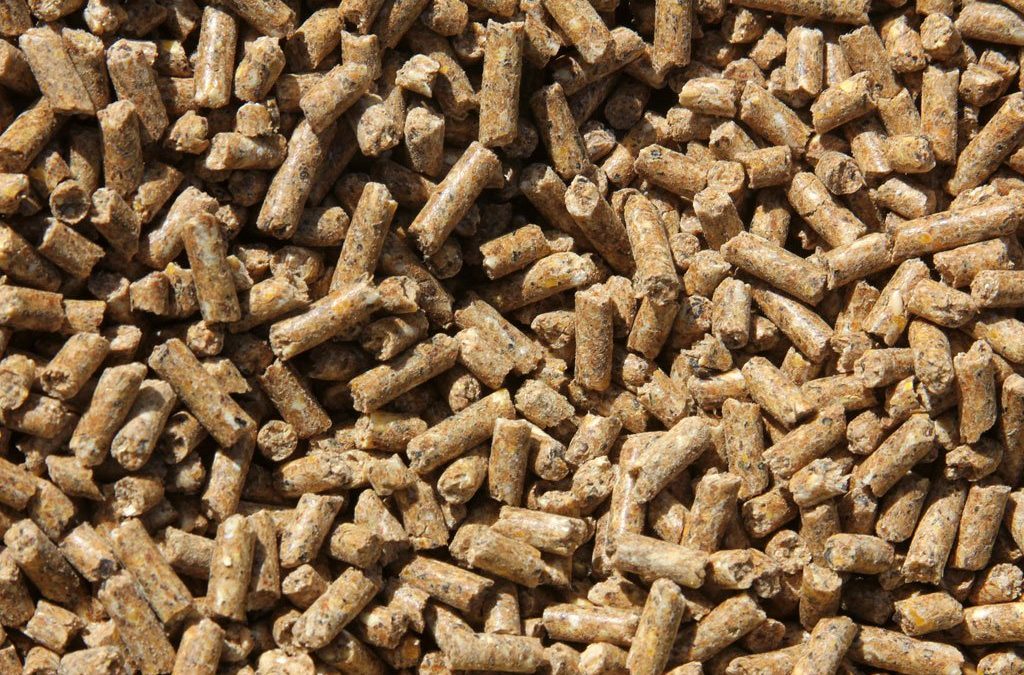
Ingredients in Equine Feed That Affect Behavior
Do you ever wonder if your horse’s feed is affecting his behavior? The way we feed our horses and the ingredients in feeds can contribute to behavioral changes, but with knowledge of how feed can affect behavior and diligence in the way we feed our horses, we can prevent behavioral upsets.

Investigated Equine Alternative Medicine
Alternative medicines and dietary supplements quickly are growing in popularity among those in the equine industry as a means of treating conditions and illnesses that affect horses. Some of these therapeutic agents have been researched intensively, while others have little or no scientific evidence to support their claims of efficacy. However, consistent, anecdotal reports on their use in treating musculoskeletal conditions, pain, and behavioral issues, as well as enhancing overall well-being and performance, cannot be ignored.
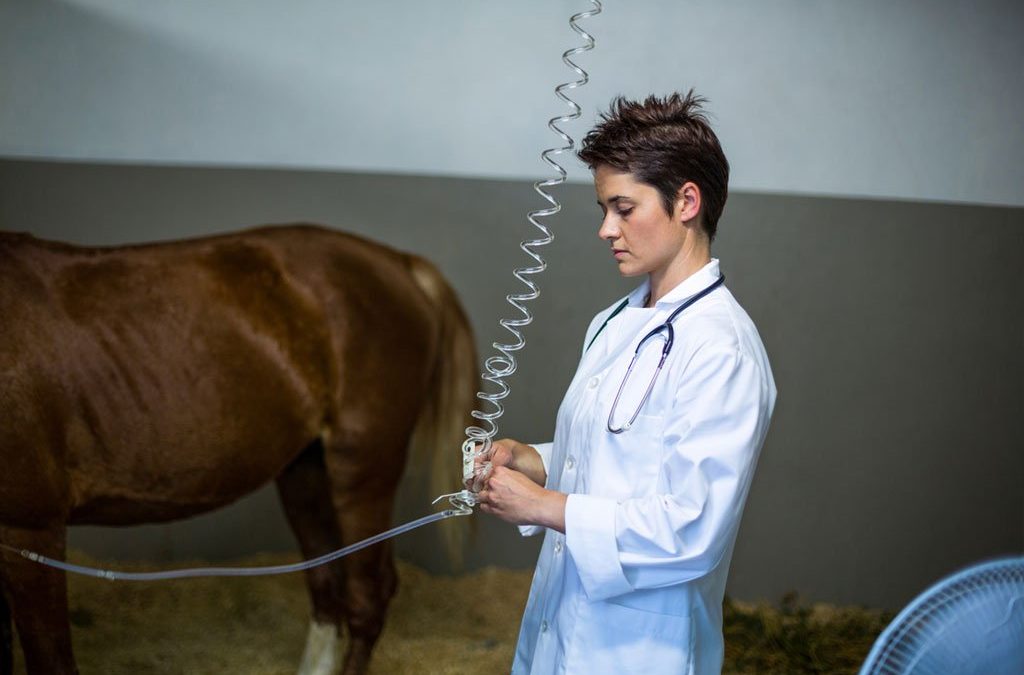
Is Botulism a Serious Threat To My Horse?
Botulism is caused by toxins produced by the bacterium Clostridium botulinum. Horses can consume the bacterial spores from soil and feedstuffs. Most often it is found in forage where an animal carcass has been baled with the forage. Botulism can also gain entry through wounds. What are the signs of a horse that is affected? Read more to find out!
